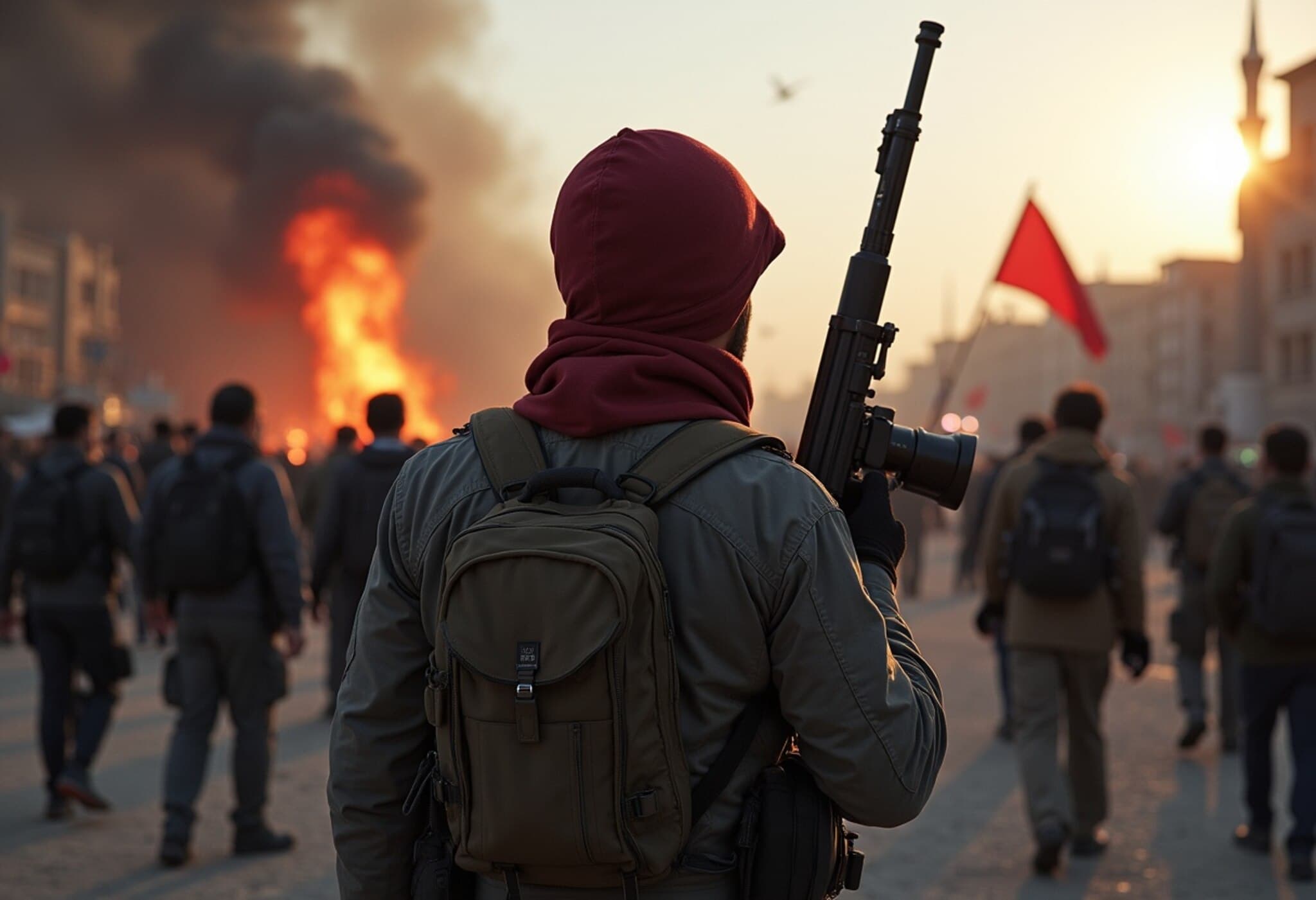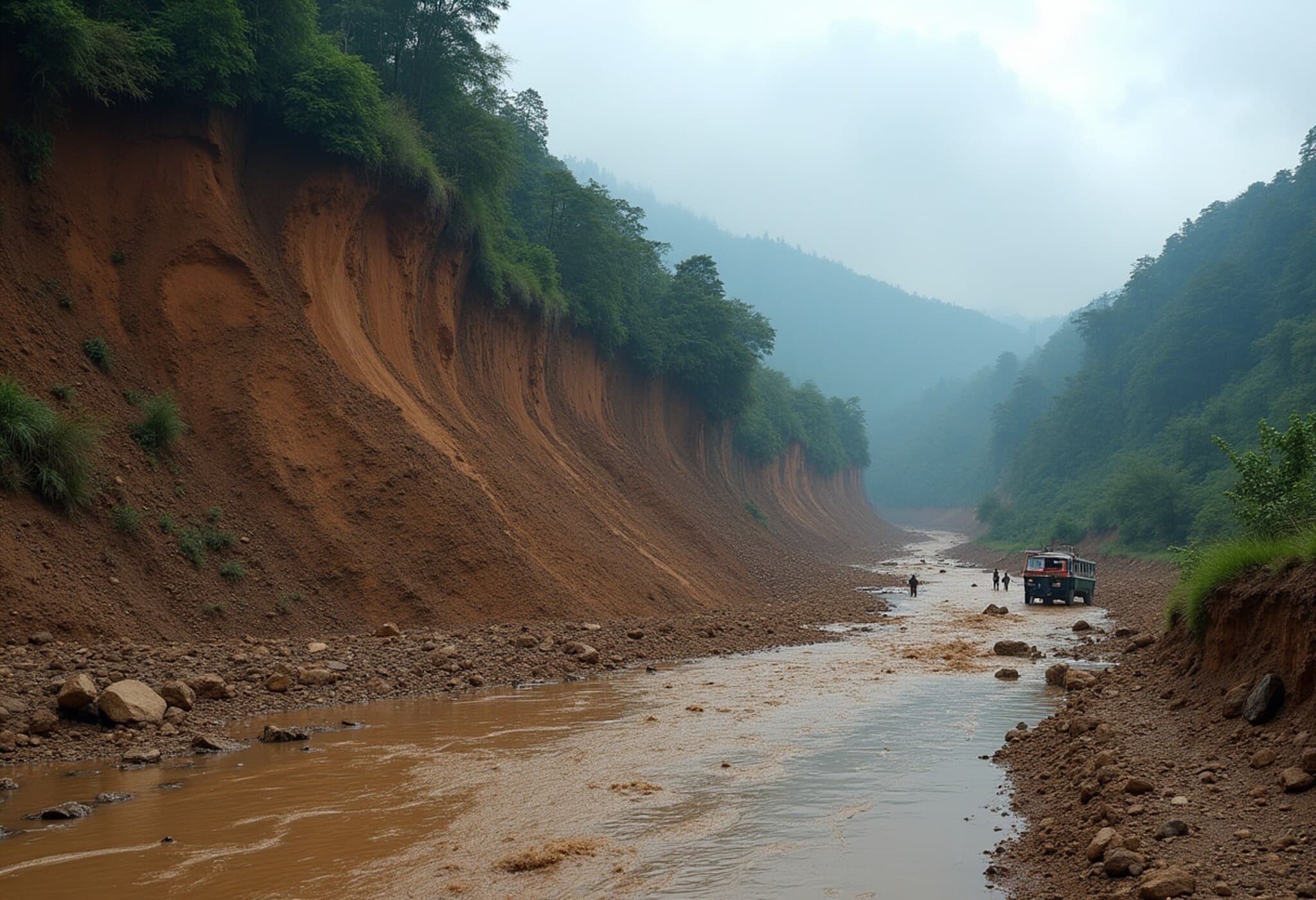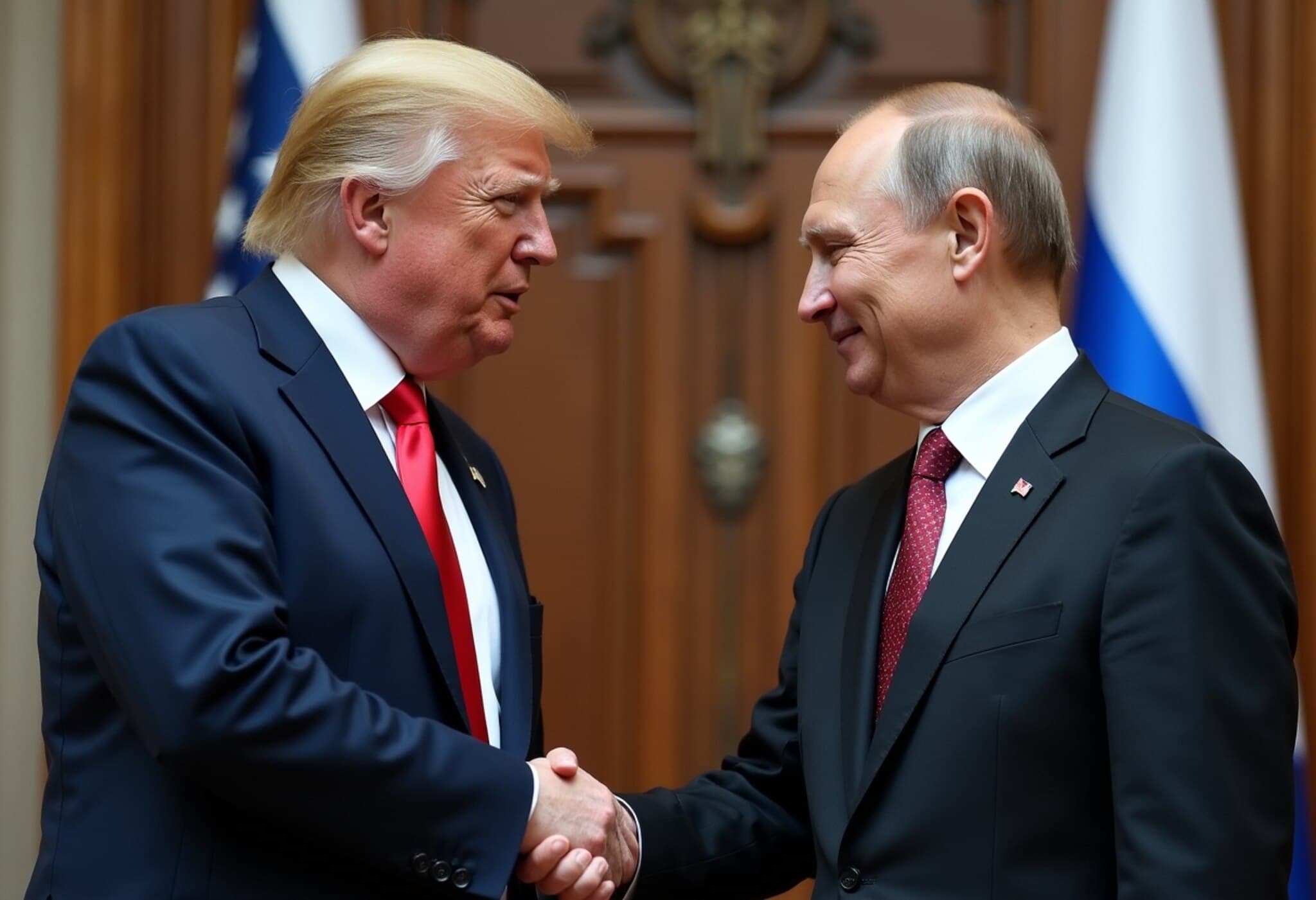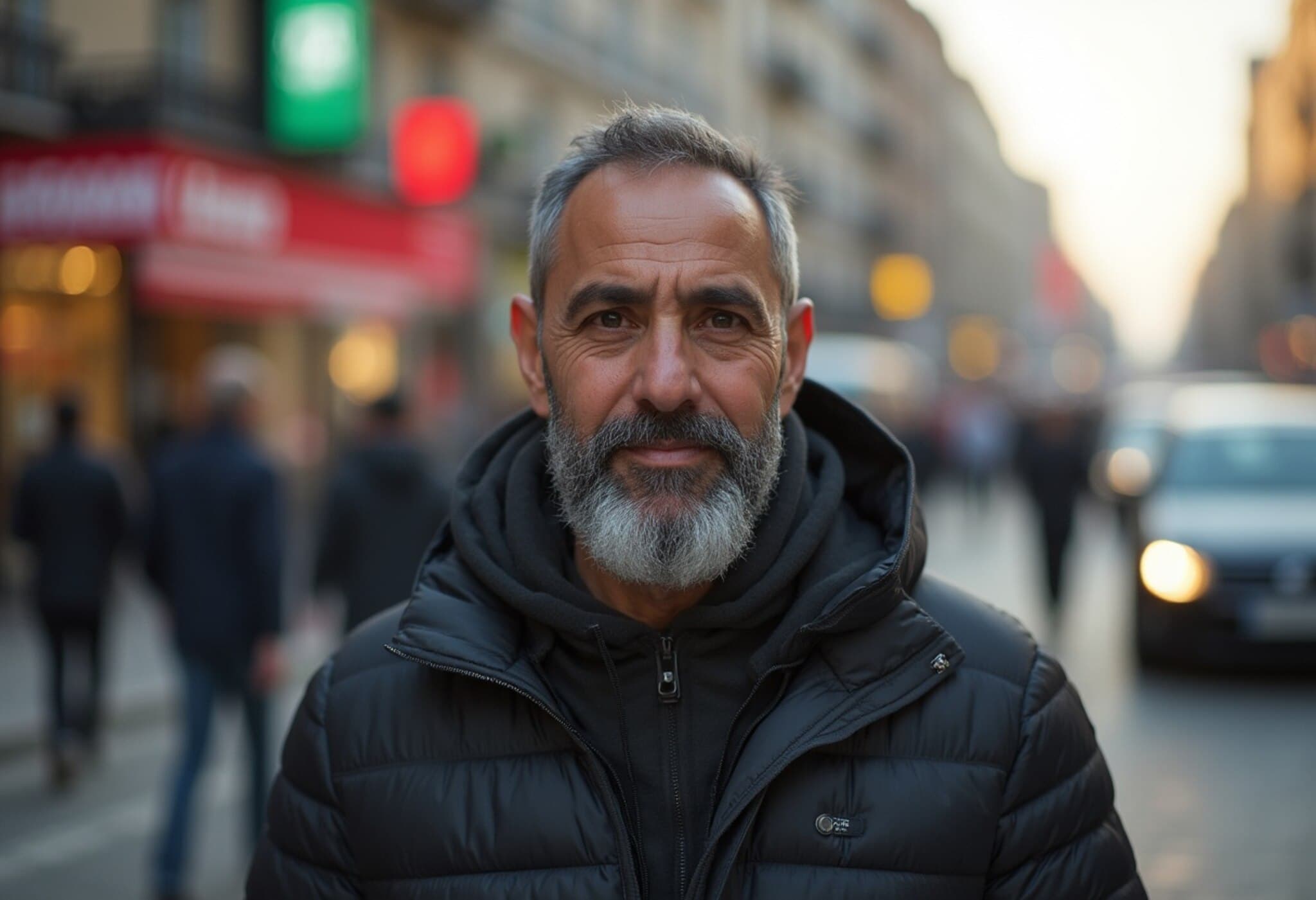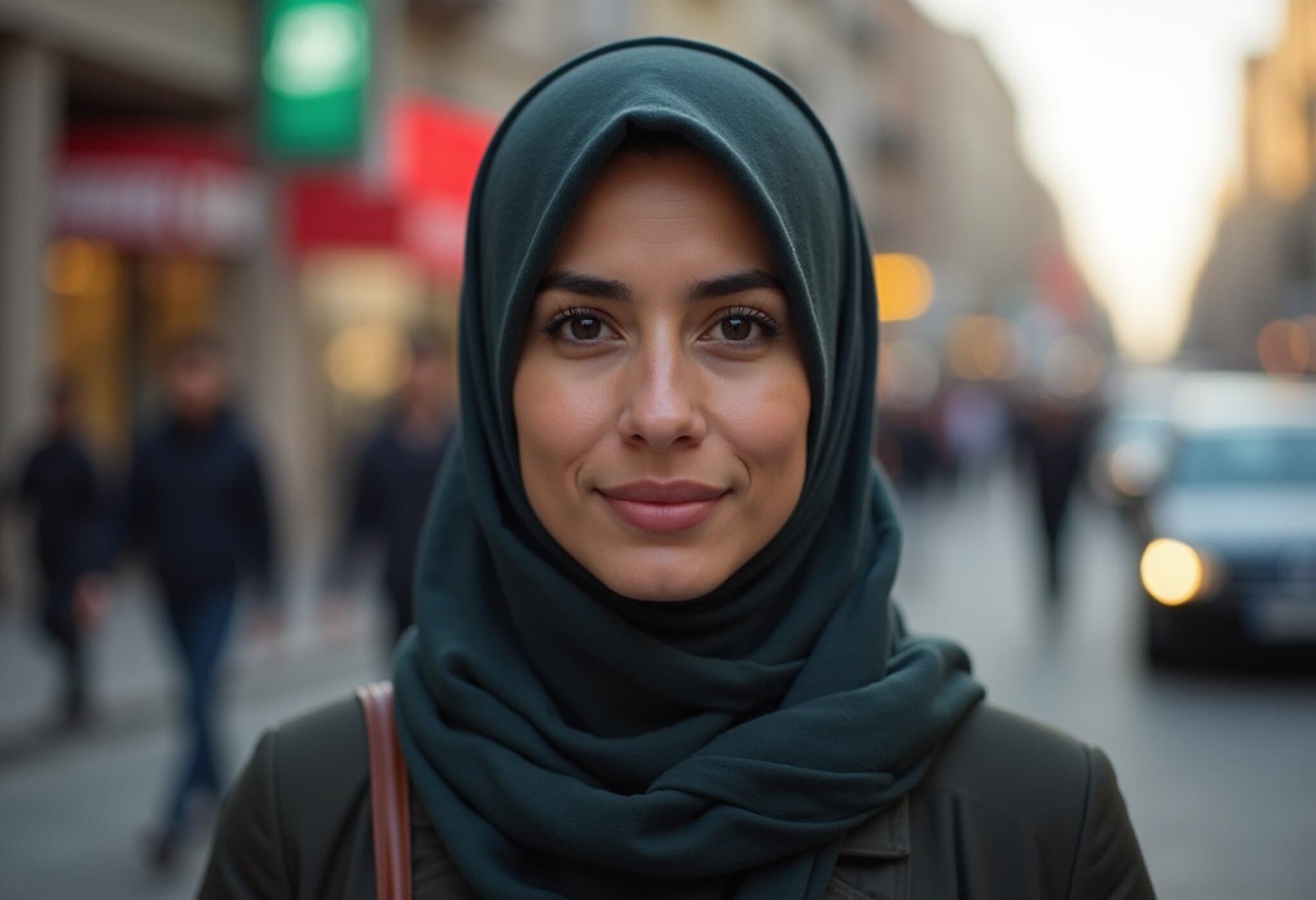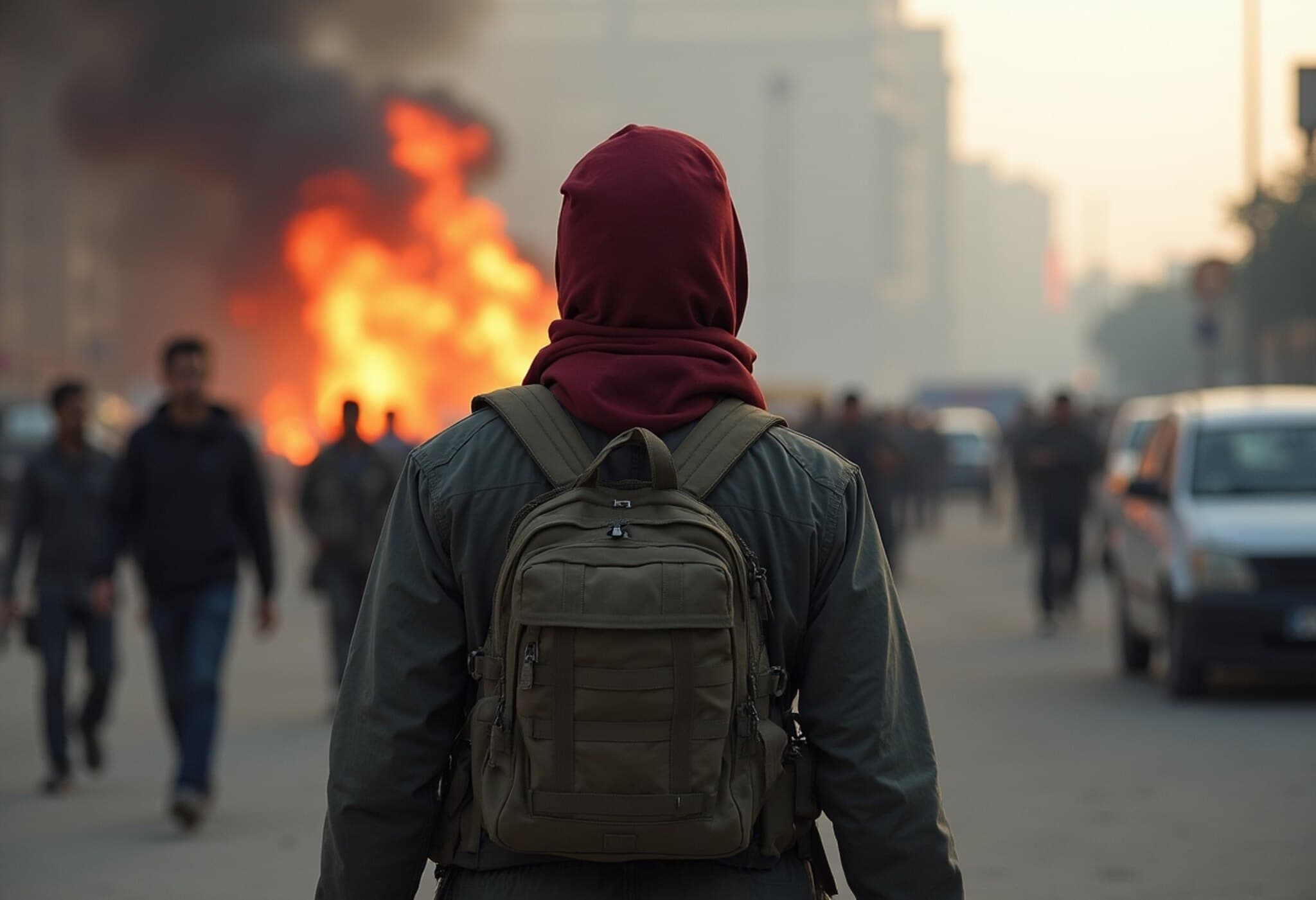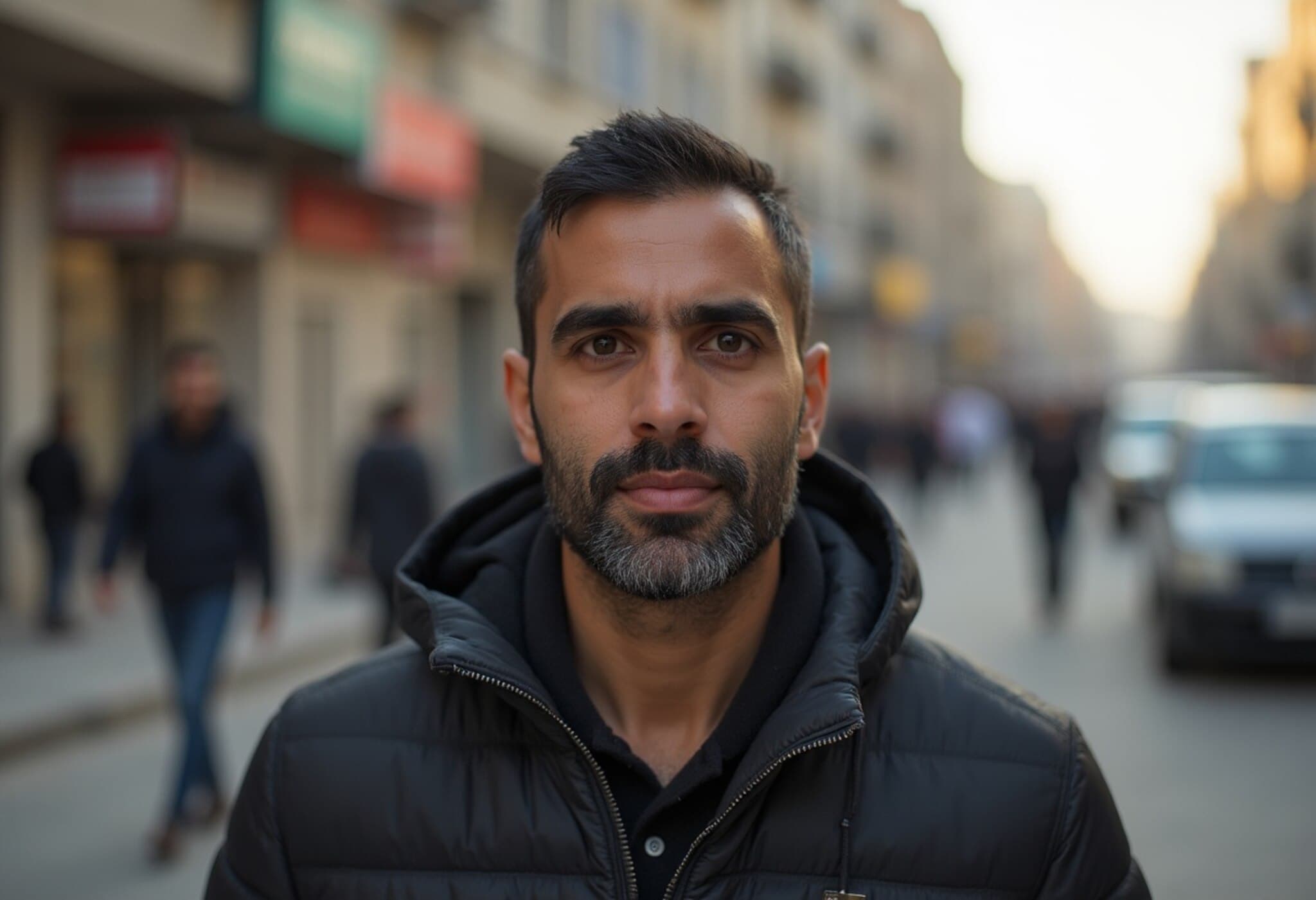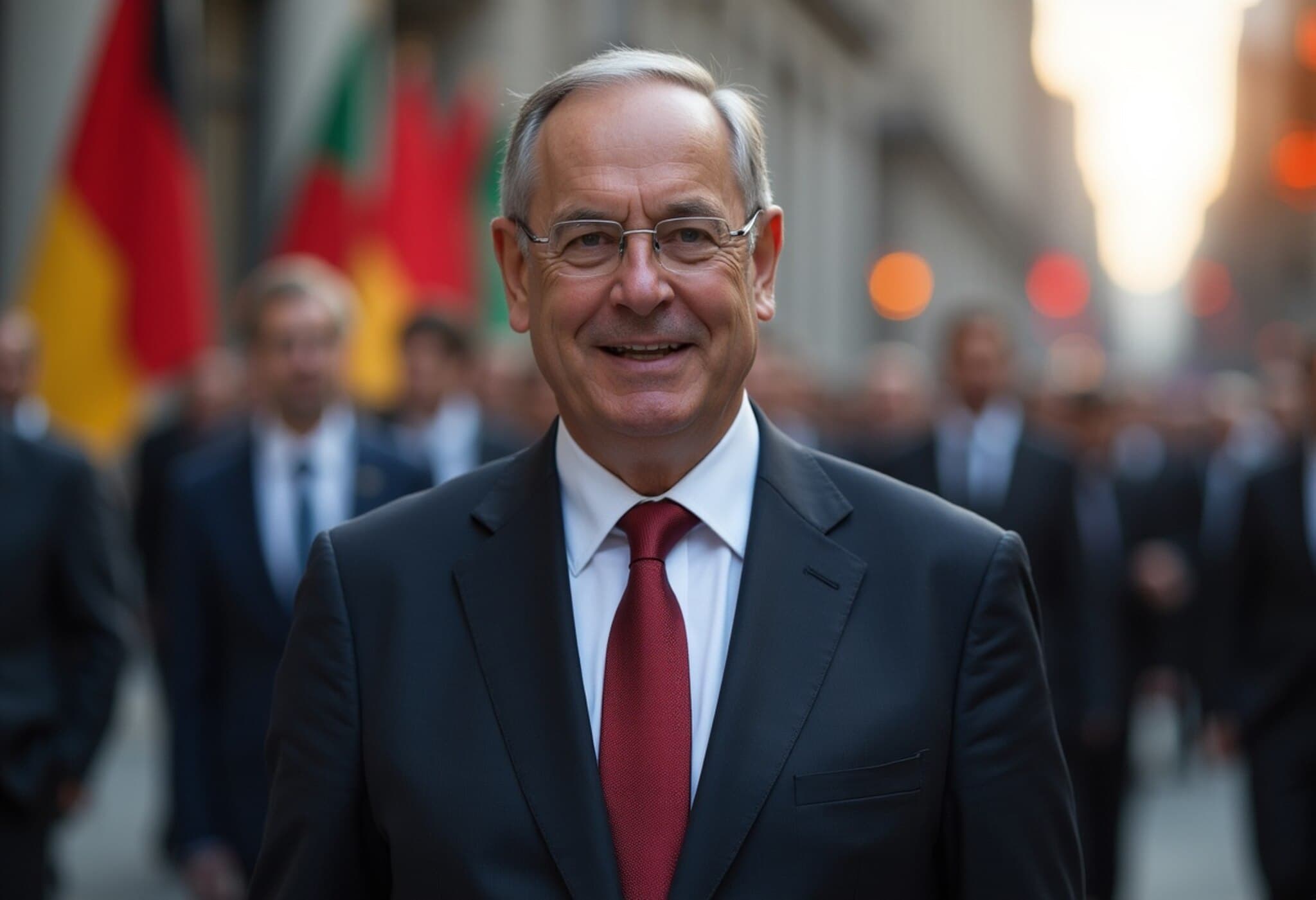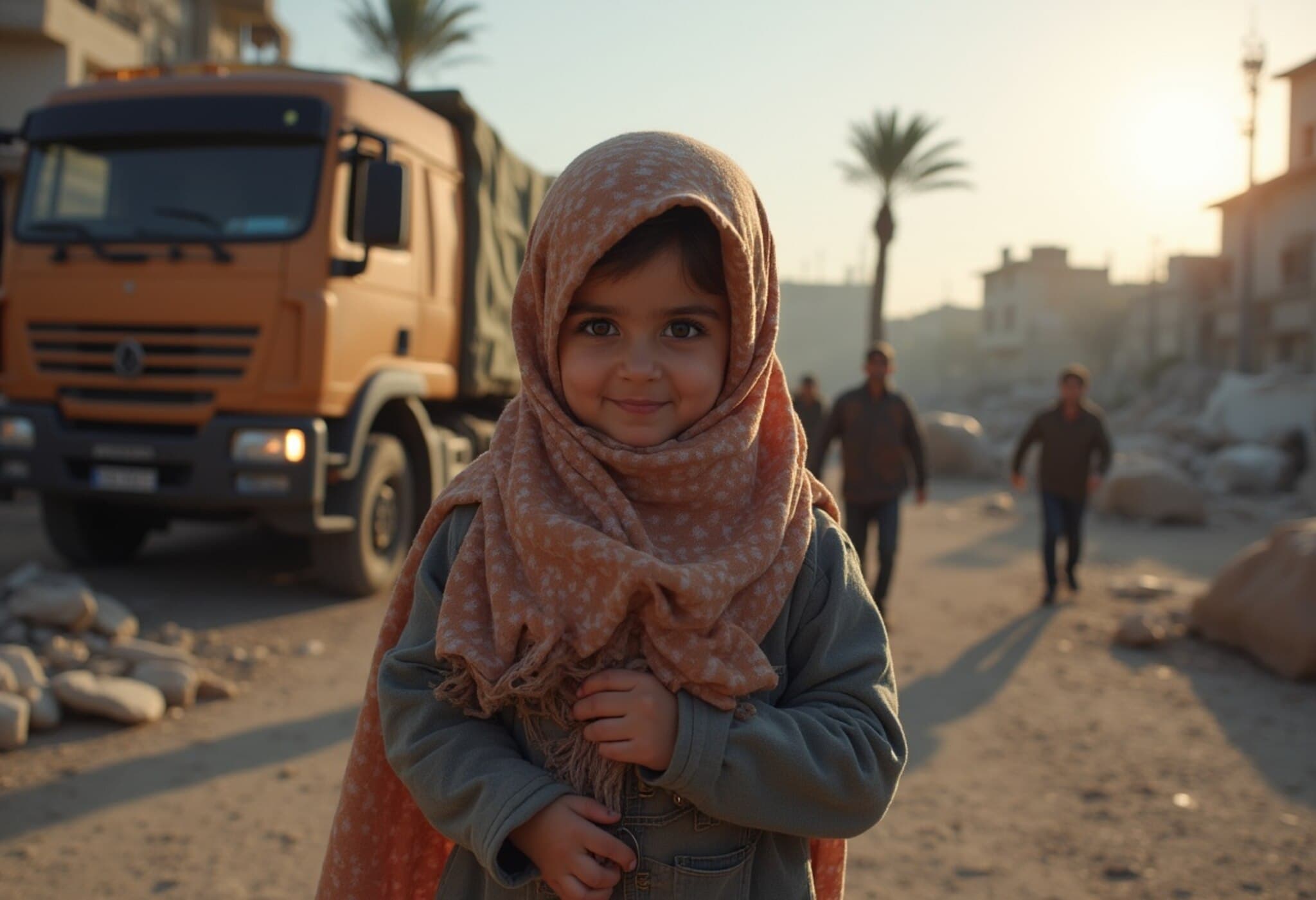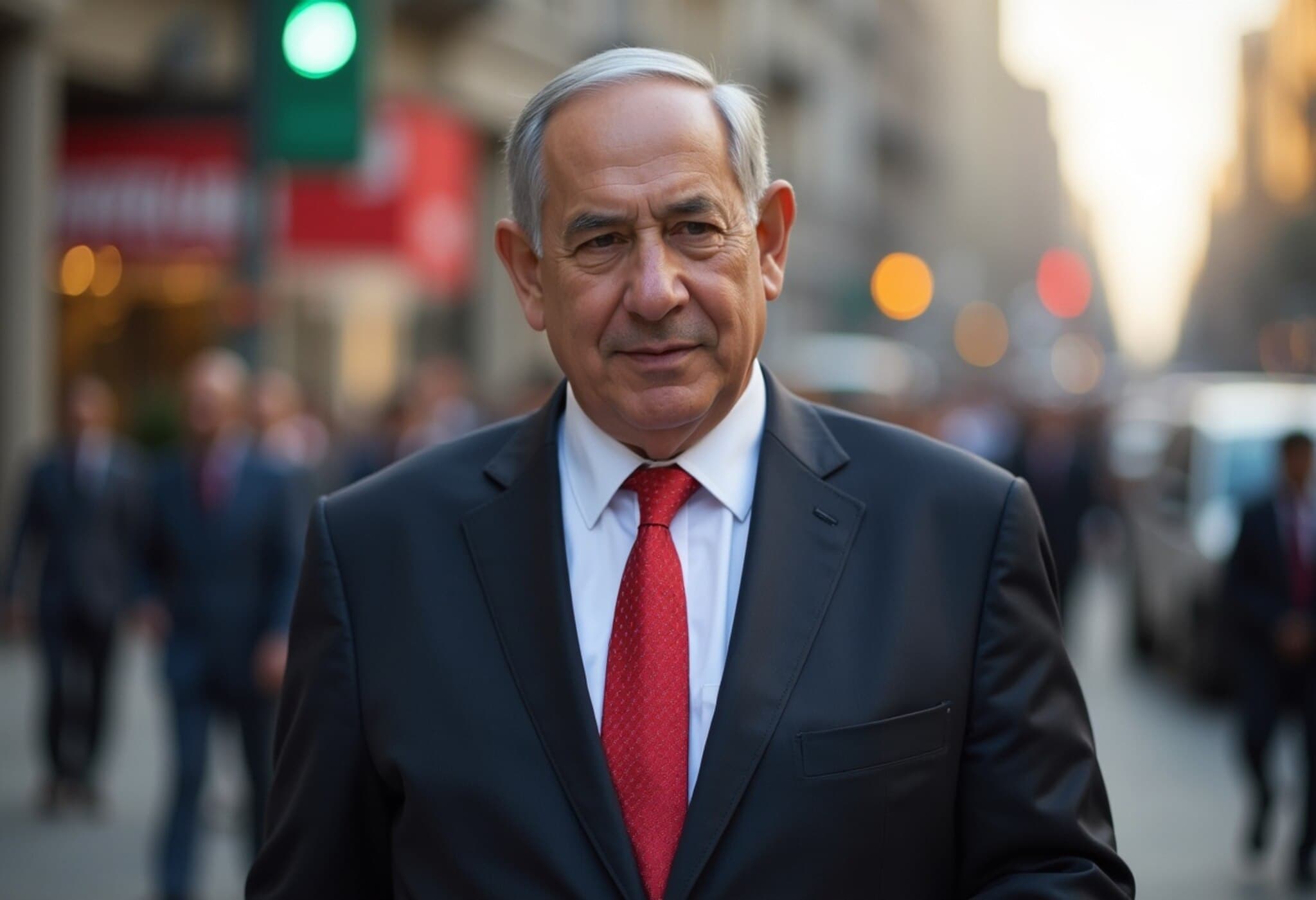Grieving a Tragic Loss: Al Jazeera Journalists Laid to Rest After Gaza Strike
On August 12, 2025, the journalism community and international observers alike mourned the loss of five Al Jazeera journalists who were tragically killed during an Israeli airstrike in Gaza City. The funerals, attended by family, colleagues, and supporters, marked a solemn moment of reflection on the risks news professionals face in conflict zones worldwide.
The Incident: Reporting Amid Conflict
These journalists were covering an active conflict region when their targeted location was hit, resulting in their untimely deaths. Their commitment to delivering truth from some of the world’s most dangerous areas underscores the essential, yet perilous, role of frontline journalism in upholding the public’s right to know.
This incident raises urgent questions about the protection of journalists during armed conflicts—a principle enshrined in international humanitarian law but often neglected in practice. The loss further intensifies ongoing debates regarding operational transparency and accountability in military actions within densely populated civilian areas.
International Reactions and Press Freedom Concerns
The international community has expressed deep concern over the deaths, emphasizing that the safety of journalists must be a priority, regardless of the complexities on the ground. Organizations advocating for press freedom have condemned the strike, calling for independent investigations to ensure accountability and justice.
From a U.S. policy perspective, incidents like this often prompt renewed attention towards diplomatic engagement and humanitarian responses in the Israel-Palestine conflict. There remains a delicate balance between pursuing security objectives and safeguarding human rights and freedoms, including the freedom of the press.
Underreported Dimensions: The Human Cost Beyond Headlines
While headlines focus on the tragic deaths, it is crucial to remember the broader human and societal impact. The slain journalists were not merely witnesses to conflict; they were pillars within their communities, bridges connecting global audiences to distant realities. Their loss reverberates through families, colleagues, and the fabric of independent journalism itself.
Moreover, this tragedy spotlights the dangerous environment in Gaza. Beyond political disputes lies a humanitarian crisis worsened by restricted access and ongoing violence, which hampers news coverage and keeps vital stories from reaching the world.
Protecting Journalists in Conflict Zones: What Must Change?
- Stronger enforcement of international protections: Journalists must be unequivocally safeguarded under international law, with violators held to account.
- Enhanced training and support: Media organizations should equip their staff with comprehensive security training tailored to war zones.
- Global advocacy and diplomatic pressure: Governments and international bodies need to prioritize media safety in conflict resolution talks.
- Technological innovations: Deployment of safer newsgathering technologies could reduce the risk to human reporters on the ground.
Conclusion: Honoring Courage Amid Conflict
The funerals for the Al Jazeera journalists remind us of the profound sacrifices made by members of the press to illuminate truth in places shadowed by violence and turmoil. Their dedication calls upon us to reaffirm our commitment to protecting freedom of expression and securing safe conditions for reporters globally—a necessary foundation for transparency, accountability, and peace.
Editor’s Note
This tragic event compellingly highlights the fragile interface between conflict and press freedom. Beyond media coverage, it forces policymakers and civil society to confront a tough question: How can the world better shield journalists who risk everything to bear witness? As debates continue, remembering these journalists' courage underscores the urgent need for renewed international resolve to protect those who document humanity’s most challenging stories.

